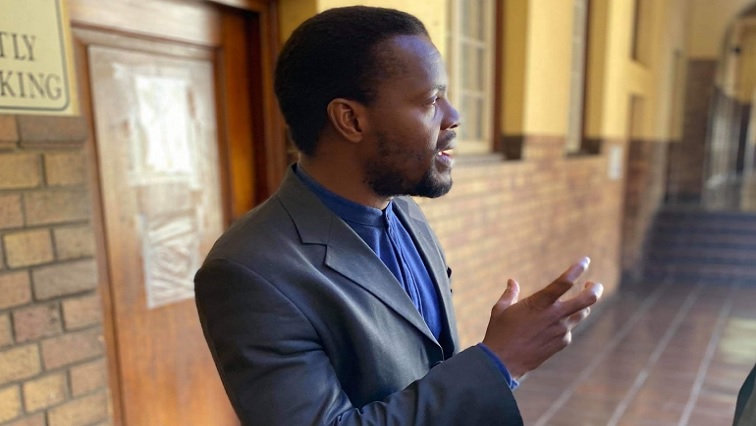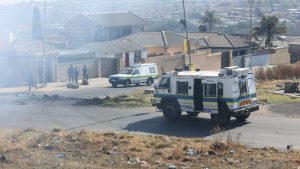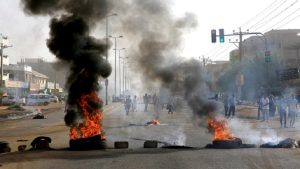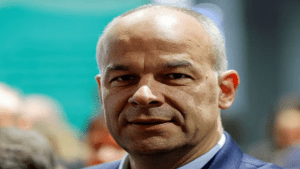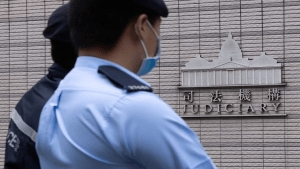Fees Must Fall activists have lashed out at the criminal justice system, saying the future of some students who participated in the nationwide protests have been ruined, as a result of their arrests and convictions.
The #FeesMustFall protests were the largest student protests since the end of apartheid in 1994. It saw thousands of students from across the country mobilise in their masses in the fight for free higher education.
As a result, dozens of student activists were arrested for their roles in the protests and were charged with crimes including public violence, assault, theft, and malicious damage to property.
On Monday this week, one of the most prominent and vocal leaders Mcebo Dlamini who was at the forefront of protests at Wits University was found guilty of public violence by the Johannesburg Magistrates’ Court.
The Fees Must Fall protests which began in early 2016 made headlines across the world. However, it was not all good news particularly for those students who were arrested during the protests.
The demonstrations often became violent, with buildings and vehicles being vandalised as well as clashes between students and police.
Dlamini, who led the movement at Wits University, is just months away from obtaining his law degree and it now may be of no use to him after he was convicted of public violence.
This may result in him not being able to practice law a day in his life.
“I’ve spent a lot of time at university and one of my dreams was to be an advocate and majoring in constitutional law and administrative law and the bill of rights and I was looking forward to doing that, but the judgment as it does put all of those dreams on hold.”
Dlamini says it is only by virtue of him admitting guilt to leading the protests, he was convicted of public violence by the court.
“We pleaded guilty to leading the protest. I was one of the leaders of the protest. I was not found guilty of damage to property or burning or assault or all other things. Now, the court then said the protests themselves by their nature were violent and disruptive. So, by virtue of pleading guilty to leading the protest, then you are found guilty of public violence. I couldn’t deny leading the protest.”
Dlamini’s Attorney Aviwe Yakopi says they will try all legal avenues in an attempt to make his dream of becoming an advocate come true.
“Now, with Mcebo’s case, it becomes difficult because he has been convicted and he is going to have trouble explaining that in his application, but we have found case law. If I’m not mistaken, it was in 2018, case law that says regardless that a person has been convicted of a crime, the person can still apply to court if the person can show just cause to the court. Amongst other things that they are rehabilitated, that they show remorse for the crime and they are willing to move on from the crime committed.”
The Wits Student Representative Council Secretary General Katie Morgets says the law has failed those students who were arrested during the protests.
“We are no different than the apartheid state that was punishing people during the Sharpeville massacre by killing them for just fighting for what they felt was right at the time. Essentially, what we are doing is perpetuating the systems of the past by punishing people who are fighting or are at least conscientising people of what is really happening in the institutions of higher learning.”
Despite the future of some activists now being in limbo as a result of their roles in the protests, many other student leaders have made it into Parliament.
Last year, some students who were at the forefront of the protests including Nompendulo Mkhatshwa, Naledi Chirwa and Vuyani Pambo, were recruited by political parties to serve as Members of Parliament. Many others were also called upon to serve as members of provincial governments.
Video: Discussion with #FeesMustFall activists


